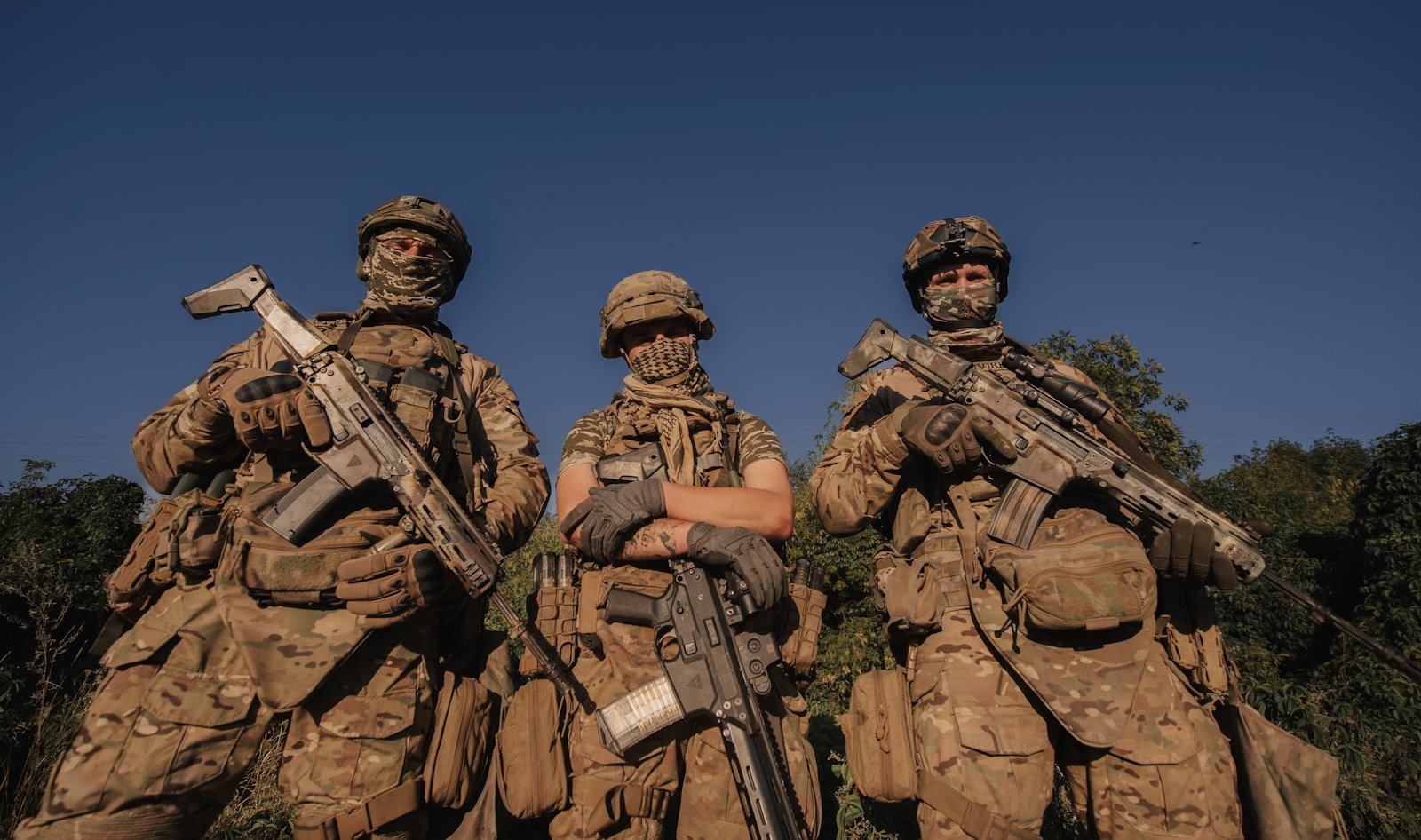Key Takeaways
- A former Biden official says Trump’s focus shifted from the economy to military issues.
- Democrats released a video urging troops to refuse unlawful orders.
- Trump called those senators traitors, sparking Pentagon backlash.
- Defense Secretary Pete Hegseth threatened to court-martial Sen. Mark Kelly.
- Critics say this military distraction stops Trump from discussing economic plans.
A recent clash over military orders moved Trump away from economic talk.
Instead of focusing on jobs and growth, he argued over treason.
This military distraction has critics worried about his campaign path.
A former White House communications director says Trump fell for a trap.
She argues he should refocus on what voters care about most.
How Democrats Launched the Military Distraction
Last week, Democratic senators with military backgrounds spoke in a video.
They reminded soldiers to refuse any unlawful orders from political leaders.
The video aimed to highlight potential misuse of the military by Trump.
In response, Trump called those senators traitors on social media.
He accused them of “treason” for telling troops to question orders.
This reaction was exactly the outcome the Democrats wanted, according to one critic.
Why the Military Distraction Matters
Trump’s response shifted headlines away from wages and inflation.
Instead, news outlets debated the treason charge and court-martial threats.
His decision to mix politics and military raised public concerns.
Many see it as an inappropriate use of the armed forces.
Polls show that using the National Guard at the border divides opinions.
Even supporters of stricter border control call it an overstep.
The Role of Pete Hegseth and the Pentagon
Defense Secretary Pete Hegseth joined the fight on Monday.
He said the Pentagon could court-martial Sen. Mark Kelly for what he said.
The threat shocked many and drew more media attention.
The military’s top brass rarely wade into political feuds this way.
Their involvement deepened the sense that Trump’s actions crossed a line.
Kate Bedingfield’s Take on the Distraction
Kate Bedingfield served as White House communications director under Biden.
She told CNN that Trump’s reaction showed a clear weak spot.
“His misuse of the military is unpopular,” she explained simply.
She added that voters dislike seeing troops used for politics.
Therefore, Trump’s focus on this military dispute backfired on him.
How Trump Fell into the Trap
Democrats used a simple tactic: share a video with military voices.
They expected Trump to lash back, and he did just that.
Once he pointed fingers, the media chased the military distraction.
As a result, economic talk dropped from the front pages.
His critics say he took the bait and lost focus.
The Cost to Trump’s Economic Message
Voters tell pollsters that jobs and prices top their concerns.
Yet headlines now center on military disagreements and threats of court-martial.
This shift makes it harder for Trump to present his economic plans.
Campaign aides worry about lost time in debates and speeches.
They hope he can pivot back to taxes and small businesses.
Public Reaction and Opinion
Some citizens applaud Trump for defending the military’s honor.
Others see his words as reckless and harmful to morale.
Many question if politics should touch the armed forces at all.
In focus groups, the military distraction drew more criticism than praise.
People said they want leaders to stick to jobs and growth.
What Comes Next for the Campaign
Trump must decide whether to double down or change course.
If he keeps fighting over military issues, economy talk will suffer.
On the other hand, backing off might seem like a sign of weakness.
Advisers suggest a fresh statement to address economic concerns.
They also recommend limiting military mentions to policy outlines.
Lessons for Political Communication
This episode shows how easy it is to get sidetracked in politics.
One viral video can steer an entire campaign off course.
Transition words matter in message crafting, but so do topics.
Sticking to core voter concerns often wins more support.
Meanwhile, opponents look for ways to bait leaders into diversion.
A Look at Military Use in Politics
Using the military for political goals has a long history in many countries.
In the U.S., civilian control of the military remains a key principle.
When political leaders blur that line, public trust can erode quickly.
Therefore, voters watch any hint of military misuse with concern.
This military distraction reminds Americans why that divide exists.
How Media Coverage Amplified the Issue
News outlets gave top billing to Trump’s treason remark.
Panels discussed the court-martial threat for days on end.
Economic segments lost airtime to debate military ethics.
Social media buzz increased as commentators weighed in strongly.
The cycle made it harder for Trump to reset his narrative.
Moving Forward: Strategies for Refocusing
Experts say Trump needs a clear plan to steer back to the economy.
He could highlight new tax proposals or small business support.
By showcasing real-life stories of job growth, he can regain focus.
In addition, limiting comments on the military could calm tensions.
Ultimately, he must prove he learned from this military distraction.
Conclusion
The recent clash over military orders serves as a lesson in politics.
A short video and a quick response created a major diversion.
This military distraction forced Trump off the economic issues voters want.
Now he faces a choice: continue the debate or return to growth talk.
Only time will tell if he can regain his footing on the economy.
FAQs
What does the term “military distraction” mean in this context?
It refers to the shift in focus from economic issues to military disputes.
Why did Defense Secretary Pete Hegseth threaten court-martial?
He acted after Trump accused Democratic senators of treason over a video.
How did Democrats set this trap for Trump?
They released a video of lawmakers with military backgrounds urging troops to refuse unlawful orders.
Will this military dispute affect voter opinions on the economy?
Many believe it already has, as media coverage shifted away from jobs and prices.
